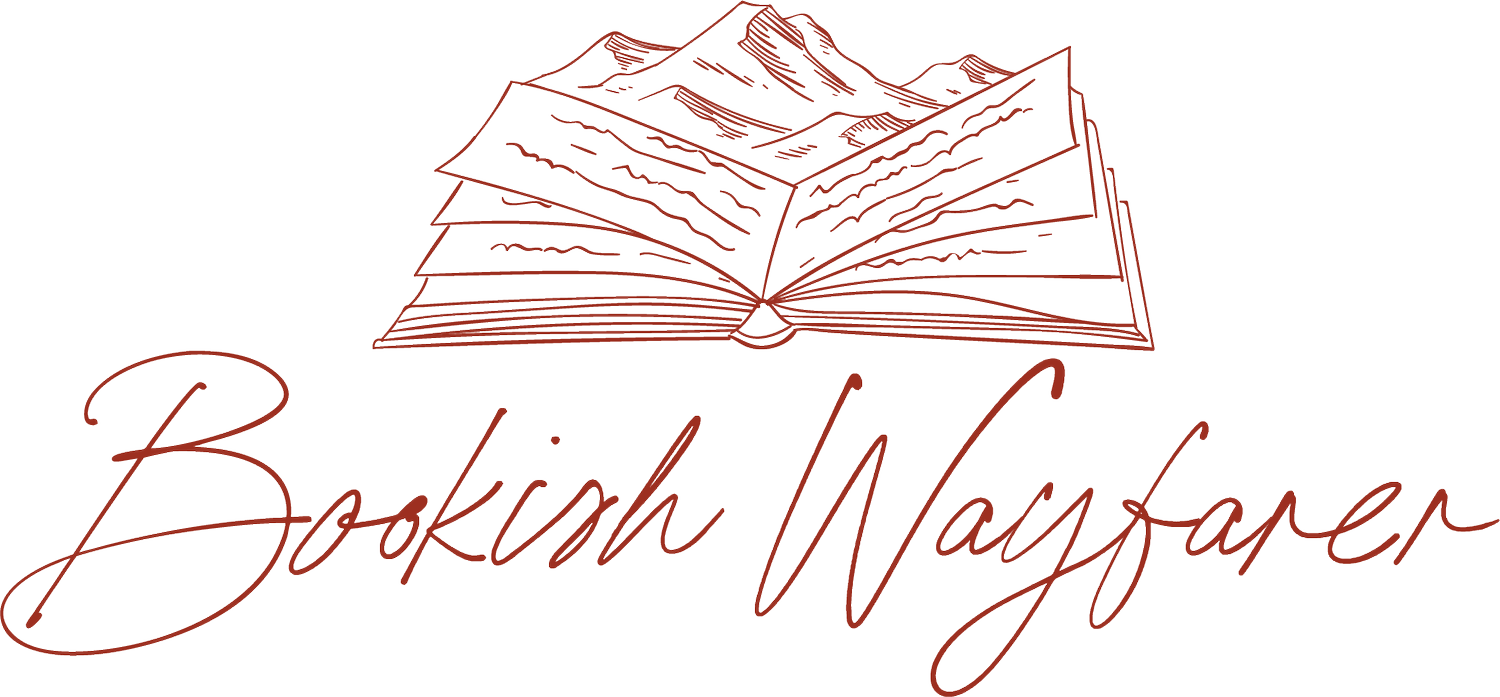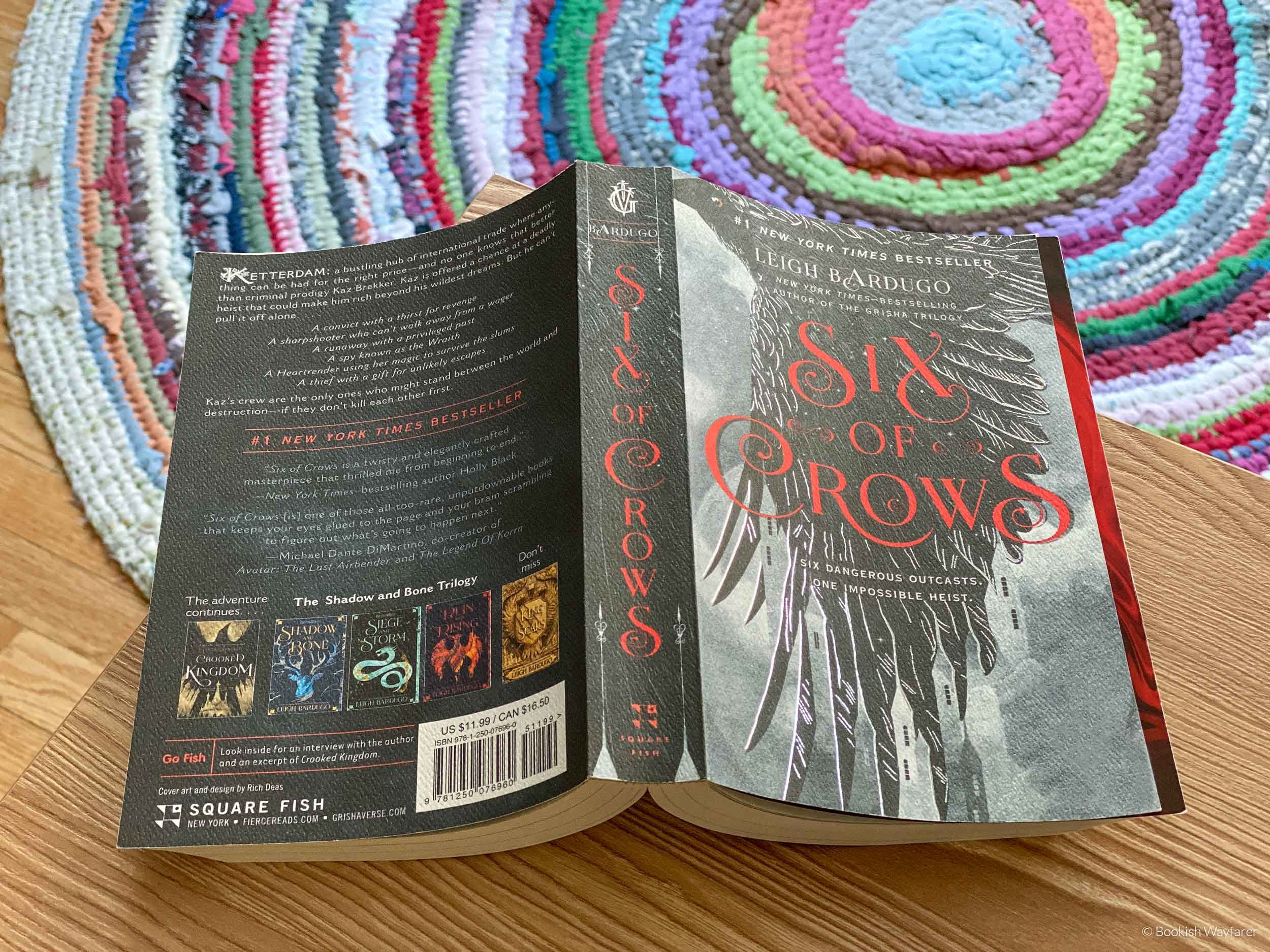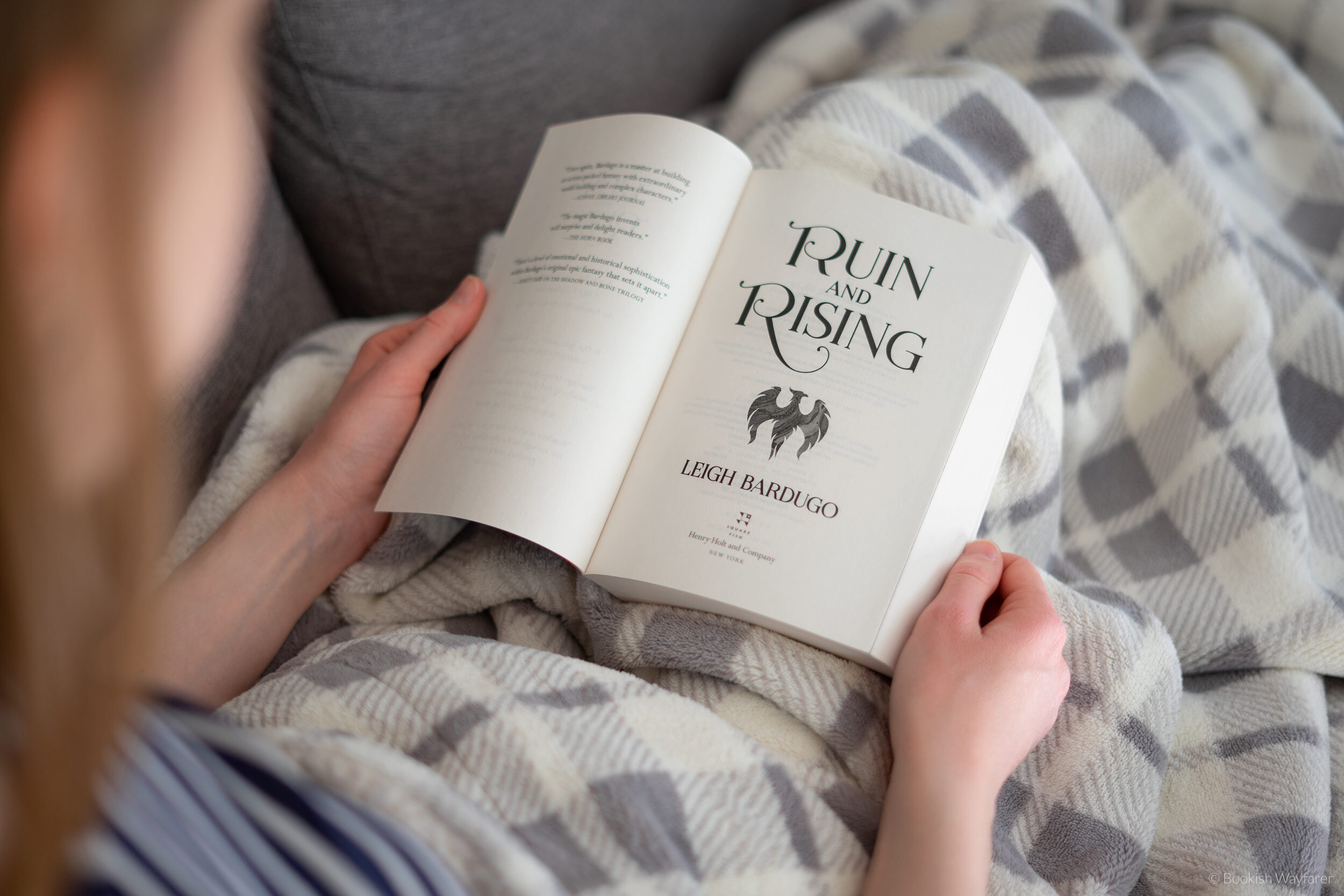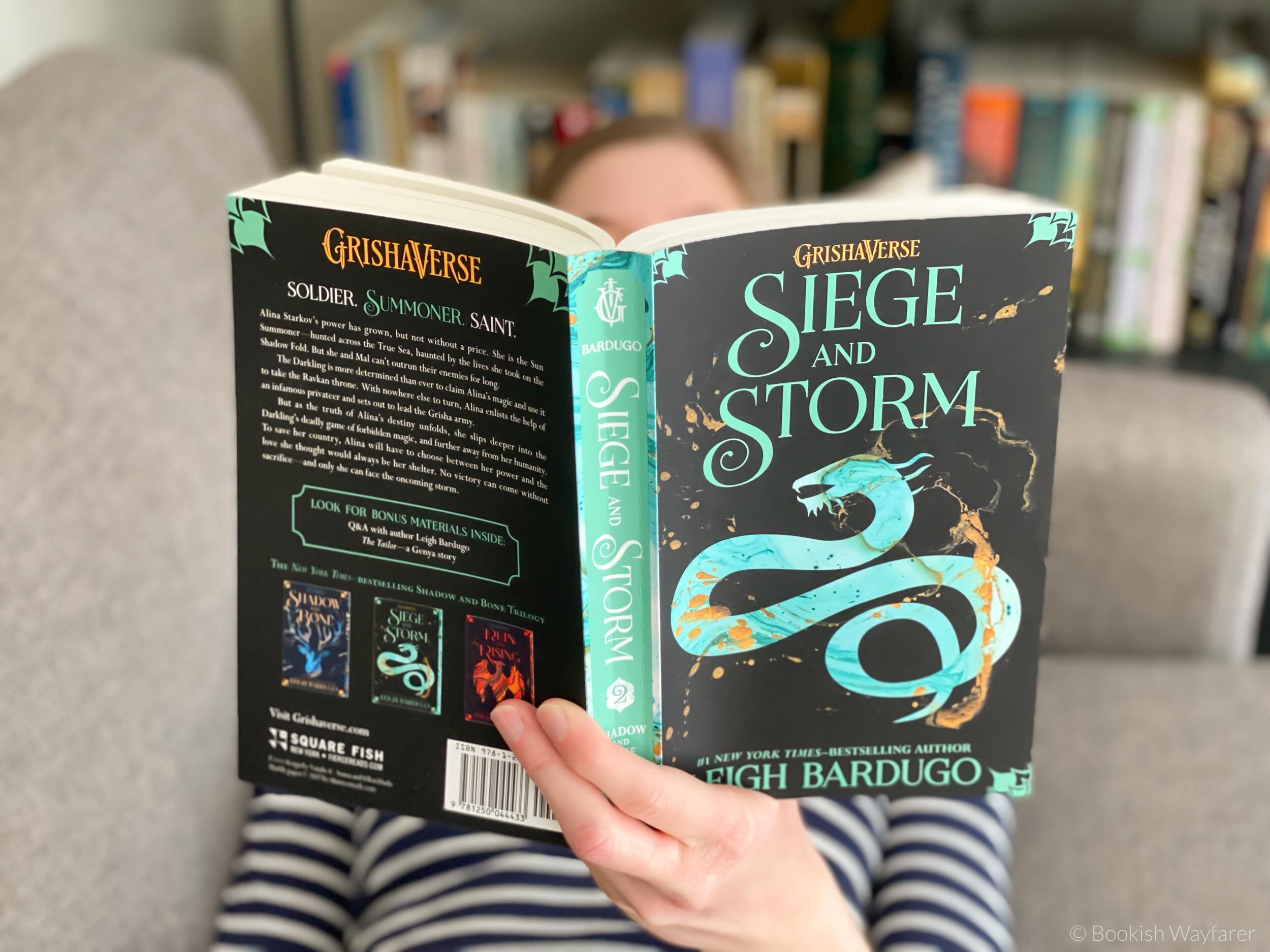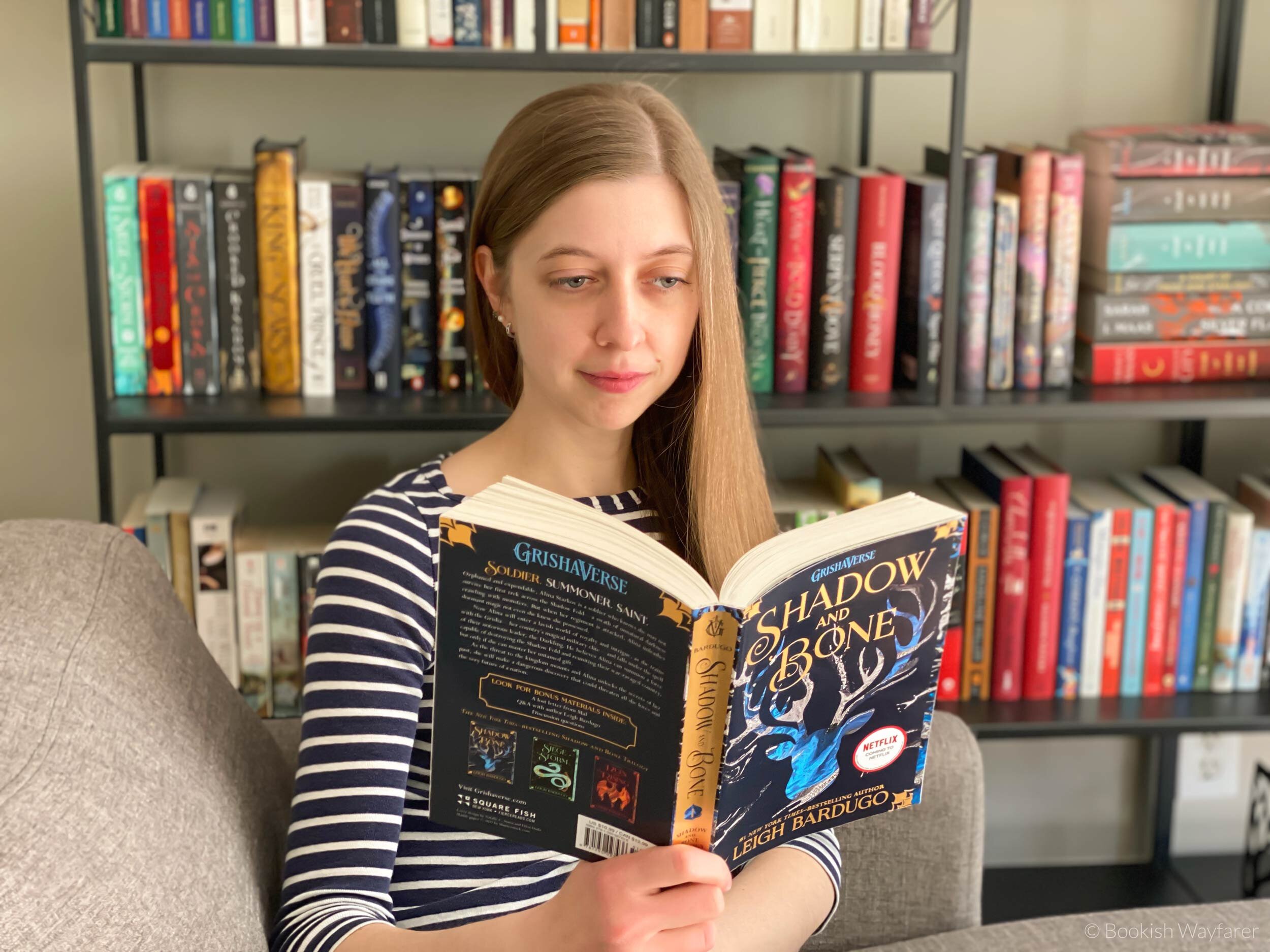Review: Ruin and Rising by Leigh Bardugo
“I will strip away all that you know, all that you love, until you have no shelter but mine.”
Some links in this post are affiliate links, meaning I will earn a commission (at no extra cost to you) if you click through and make a purchase. For more info, please see my disclaimer.
The Basics
Title: Ruin and Rising (Shadow and Bone Trilogy #3)
Author: Leigh Bardugo
Published: 2014
Publisher: Henry Holt and Company — Macmillan
Pages: 417
Format: Paperback
Genres: Fiction — Fantasy, High fantasy, Romance, Fantasy romance, Young adult, Young adult fantasy
Book Synopsis
In this finale of the Shadow and Bone Trilogy, Alina has once again escaped from the Darkling and has sought refuge in Ravka’s underground tunnels with the Apparat and the followers of his Sun Summoner cult. Although he claims that he is offering Alina sanctuary, the tunnels are beginning to feel more like a prison with each passing day, especially given his refusal to allow her passage above ground. She must find a way to escape from the tunnels and return to the land above so that she might continue her search for the final amplifier and then reunite with Nikolai and his forces before facing off with the Darkling one last time.
My Review & Overall Thoughts
TLDR: Prepare to be underwhelmed and potentially, slightly irritated.
Beware - spoilers ahead!
Ruin and Rising is a thoroughly unsatisfying conclusion to the Shadow and Bone Trilogy. It suffers from a weak plot, stagnant characters, and an ending that manages to be both predictable and unbelievable. Perhaps its greatest weakness, however, is its lack of risk-taking and originality.
In many ways, the plot of Ruin and Rising feels like a rehash of Siege and Storm. Just as in that book, Ruin and Rising sees Mal and Alina narrowly escape from the Darkling, only to once again face him at the end of the book. What’s more, we see Alina continue to hem and haw over the future of her relationship with Mal, and Nikolai is as determined as ever to make her his queen. Oh, and Alina continues to obsess over finding the final amplifier. Now, obviously, there are things that happen in this book that did not happen in the previous book, but it is hard to deny the striking similarity between the two books’ primary conflicts and climaxes.
Even if we look past its derivative feel, the plot has other issues. Namely, it is not as compelling or well-structured as the plots of the previous two books. The characters spend a lot of time wandering around, and events occur that do not contribute much to the overall story and also seemingly contradict information from earlier in the series. Certain conflicts are also resolved too easily and without much fanfare, and one of the story’s big reveals is not that surprising (I had been suspecting it). Lastly, the love triangle featuring Mal, Nikolai, and Alina feels a bit contrived, as it is as clear as day that Alina does not harbor any romantic feelings for Nikolai. All that the love triangle accomplished was to make me feel bad for Nikolai.
The love triangle, however, is not the story’s greatest fault. That dubious distinction goes to the ending. It is a disappointing and anticlimactic resolution to the story. Not to mention, one aspect of the ending is a bit far-fetched, even for a fantasy. The most aggravating part of the ending is the final showdown between Alina and the Darkling. Given Baghra’s warning earlier in the book that not even a bullet would be enough to kill the Darkling, I had been anticipating a fairly epic fight between the two of them, but that could not be further from what actually happens.
Exacerbating these plot issues is the lack of character growth, particularly with regard to Alina. She has not changed much from the previous book. She is still pining over Mal and struggling to balance her desire to be good with her thirst for power. I think a more memorable character arc for her in this book would have been for her to give in to her darkness and transform from hero to villain. She could have chosen the Darkling and taken up her throne alongside him. Not only would it have been a refreshingly unexpected twist, but it would have also paved the way for a very compelling sequel or spin-off series.
The Good
There is some world expansion, although it is not as extensive as what was in Siege and Storm. Another positive aspect of this book is that it explores the Darkling’s past. We learn about his childhood and upbringing, and in doing so, we get a sense of why he is the way he is.
Lastly, as with the previous two books, this book is written in the first person, which creates an engaging reading experience.
Overall
Ruin and Rising is a disappointing finale to a hitherto captivating story. If Bardugo had taken a risk and allowed the story to take a dark turn, then we would have been granted a more fitting conclusion to the series. Instead, we have been given a more traditional, quasi-happy, and completely underwhelming resolution.
Have you read Ruin and Rising? If so, what did you think of it? As always, let me know in the comments section below!
-Julia
P.S. If you enjoyed this post, please consider supporting me on Buy Me a Coffee.
